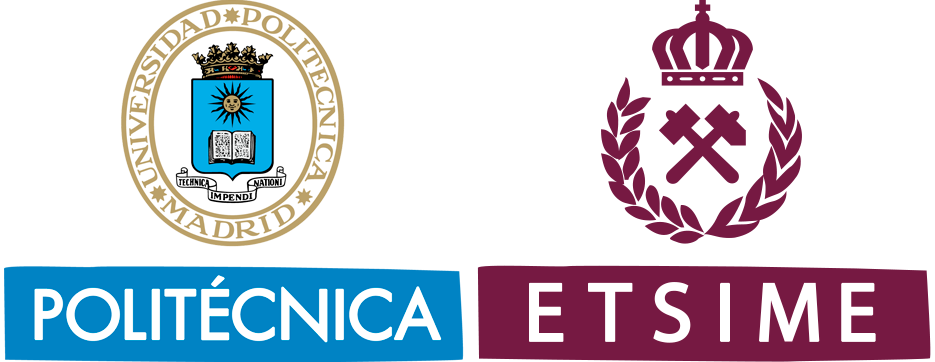
Social entrepreneurship is the axis around which the training program “Entrepreneurship and Social Innovation: Interests and values” revolves, which is structured in
several modules.
- Reflection and debate module: which deals with topics ranging from the relationship between ethics and the economy or innovation and creativity, passing, of course, through social enterprise.
- Innovation and creativity module by professional consultants.
- Process Automation Module and its Applications in Engineering. This module was introduced in the 2016-2017 academic year to introduce the “Arduinos” and “Raspberry Pi” platforms as a management tool.
With all these tools, the modules conclude with the design of a social entrepreneurship project by the students to improve their environment.
Topics to be discussed
- Ethics and Values in Engineering
- Environment and Society (Governance, Sustainability and Social Space)
- Climate Change
- Prevention, Precaution and Risk Management
- Social Responsibility and Economy (Own and team values)
With these topics on the table and the reflections that are collected from these spaces, the students prepare to act according to the criteria that they build in the exchange with each other. In a parallel way, concepts of: Social Technological Innovation, Entrepreneurship and Employment, Inclusive Business Concepts and Base of the Pyramid Strategies. Finally, a course is taught Innovation and Creativity, all this, without losing sight of the origin and application of all knowledge; the person.
Goals
Students must, in accordance with their interests and values, support a felt need of themselves and their environment to put at their service all the innovative, creative and entrepreneurial capacity that allows them to generate and work on a solution that increases common well-being. They play with utopia as a vision and they materialize small achievable short-term steps that must be taken to finish the course with a result that brings them closer to their initial vision.
| Specific Objectives | Cross-cutting objectives |
|
REFLECTION AND DEBATE
SOCIAL ENTREPRENEURSHIP
INNOVATION AND CREATIVITY
|
LEARN AUTONOMOUSLY
TEAMWORK
|
How to get it
Any technology, any action and any need are observed from and for the person, acting from the example.
For all this, it is necessary to have the collaboration of different professionals who allow the student to have a comprehensive vision of various opinions and formats. Only through multidisciplinarity can the person define themselves and choose their vision of life.
We have counted on – and we hope to continue counting on – various people and entities, such as Emilia Lopera and Ana Muñoz Van Den Eynde from Ciemat, Luis Fernandez del Pozo and Carlos Cordero from the consulting firm Sustentia Innovación Social, Francisco Pizarro from the Extremadura Technology Park, José Manuel Pérez Díaz de Valnalón, Kenny Clewett from Ashoka, Jesús Carreras from DNX Group, Rafael Domínguez from the Chair of International Cooperation and with Ibero-America at the University of Cantabria, Belén Flor Ortiz from the Spanish Service Learning Network, Aicha Laraki and other members of the Madrid Hub.


